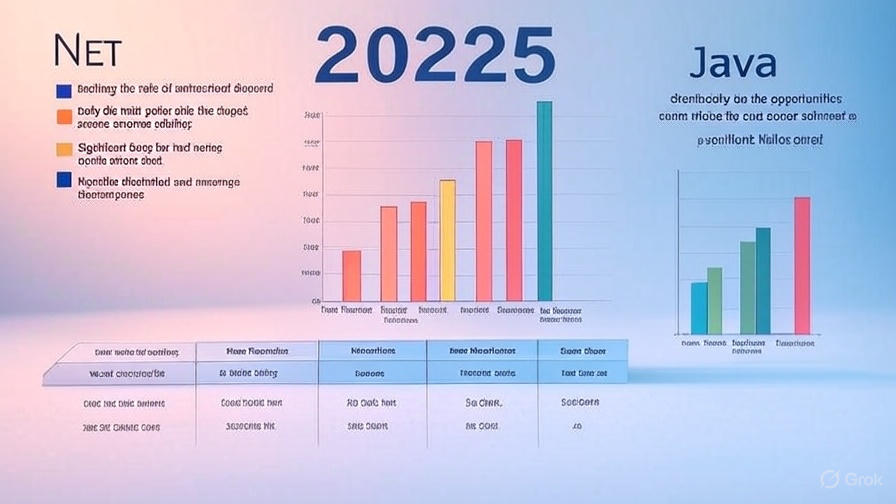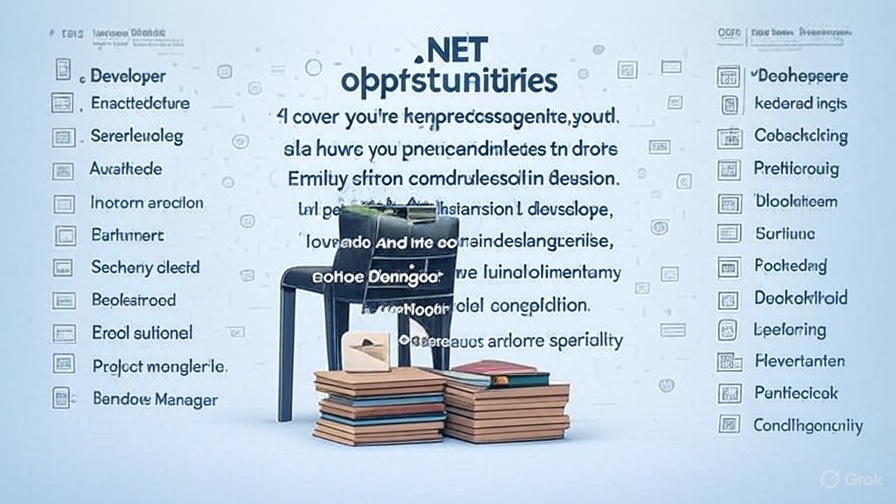A strong CV writing ability helps you land your desired position. Most applicants make the error of packing their CVs with lots of data, which can overload the document and distract them from their good qualities. Omitting information from your CV enables you to avoid submission of irrelevant data while accentuating your strengths, such as experience. For this article, we will provide you with easy steps to reduce the clutter on your CV and achieve.
Keep It Relevant
That is how, given that recruiters take no more than a few seconds to review each CV, every bit of information included should be functional. When applying for a job read through the requirements and ensure you only state what has been required when writing your CV.
What to Remove:
- Unrelated job experiences
- These are the extra skills that an individual possesses, and they are different from the requirements of the particular job.
- Extra-curricular activities and other interests not linked with occupation
What to Keep:
- Experience at the workplace to the role of the job
- From the job description, then, it is evident that the corresponding skills include:
- Achievements that demonstrate your capabilities
Limit Personal Information
However, it is possible to share too much information, and it takes space, while the primary focus should be on the accomplishments.
Remove or Reduce:
- Age (do not include your date of birth unless it is necessary in your country)
- A user, therefore, needs to provide the complete home address where city and state are sufficient.
- Marital status and nationality (unless relevant to the job or location)
One major thing you find challenging when preparing your CV is the document’s formatting and structure; if you are in this scenario, you should seek CV writing services in Dubai. Professional CV writing services can assist in this because one can ensure their CV reflects the standard set in various industries. It also removes all irrelevant information and ensures that all the essential aspects concerning your strength and accomplishments are featured.
Reduce Body Copy Descriptions
It is essential to keep your CV brief and concise and not be tempted to write as much as possible. When listing your responsibilities and accomplishments, use bullet points rather than lengthy descriptions.
It is better to use the following specific Bullet Points for the above statement: • Directly managed the entire marketing team at XYZ Company and was personally in charge of leading all campaigns, reporting directly to clients, and focused on enhancing the overall communication on all social profiles, which led to increase of the average customer level interaction by 30%.
Use:
- Supervised a marketing team which consisted of more than 10 people.
- Overseeing SNS public relations engagements co-ordinations, the SNS engagement was raised to 30% on average.
- As an OFF member, they coordinated with the target clients to ensure effective implementation of the marketing strategies.
Avoid Redundant Phrases and Buzzwords
It also discourages hiring managers when they read most of such terms as hardworking, a team player, detail-oriented, among others when CVs and potential employees do not support them with evidence. This is why one should avoid using weak verbs such as ‘worked’ and abuse enumeration used to quantify the achievements.
Replace:
- “A Detail-oriented worker” → “Increased the company’s sales by twenty per cent by identifying the spots of marketing strategies”.
- “Good communication skills” → “Prepare monthly briefing to other managers and the management board and effectively contribute to enhancing decision-making processes.”
Remove Outdated Education and Certifications
Make sure your CV contains only qualifications obtained in the recent past. If you are an experienced employee, there is no point in indicating information about your high school education or some certification you received long ago.
Keep:
- Recent degrees and relevant certifications
- Training as a way of improving one’s employability skills on the job
Remove:
- High School Certificate (if you have a university degree)
- Expired or unrelated certifications
Do Not Use Excess Graphics as Well as Fancy Formats
That is why any perfectly constructed CV should not contain images, tables, or any fancy fonts that would only complicate the document’s overall look. Switches to a professional level of cleanliness.
Best Practices:
Always use simple fonts such as Arial or Calibri to avoid a situation in which document formatting hinders the evaluation and presentation of information.
- Keep it as simple and orderly as possible while focusing on the bold headings.
- Make sure each paragraph and line is separated to enhance the aesthetics of perusing the letter
The working experience section should be kept concise
Employers demand the last relevant working experience regardless of where it is performed. It is not necessary to list all the jobs one has ever worked on, particularly if they are not connected to the present career.
What to Keep:
- The last 10-15 years of work experience
- Jobs relevant to your target role
- Key accomplishments in previous roles
What to Remove:
- However, before entering the career line, they may undertake non-career jobs that may not be in the same field.
- Internships or temporary roles from years ago (unless relevant)
Exclude References (Unless Specifically Asked)
To date, many people post references or the phrase ‘References available upon request’ at the end of their CVs. This is unwarranted, as the recruiter will require them to provide referees when needed.
Proofread and Edit Ruthlessly
Last, but not least, remember to check whether the whole text of your CV has any grammatical errors or other kinds of formatting. A well-polished CV demonstrates that you are a professional and neat individual; errors or carelessness should be eliminated.
Final Thoughts
This is because the essential idea of creating an effective CV is to make an initial impact, and you can better achieve this aim by ensuring that they are not cluttered. This way, the person can keep only a summary of information that will be easily understandable, avoid unnecessary decoration and highlight only those achievements that could be estimated in figures. They urged young people to spend some time updating/cleaning up their Curriculum vitae.




